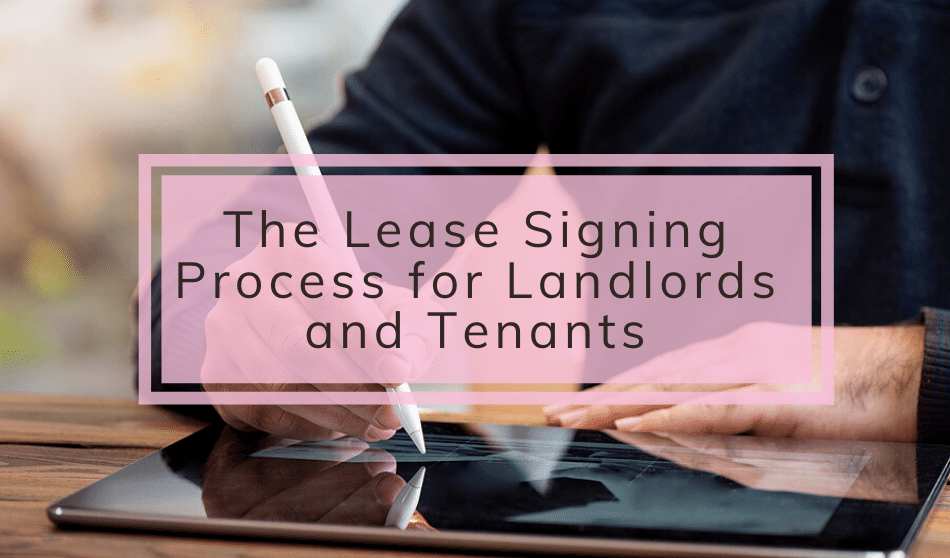A lease agreement is a necessary contract that is signed by a landlord and a tenant. A landlord such as Steven Taylor Los Angeles may draft a standard lease agreement but slightly adjust it every time a new tenant wants to move in. Alternatively, the landlord can decide to ask a seasoned legal expert to help draft a suitable lease agreement. It doesn’t matter who drafts a lease agreement, what mostly matters is that it needs to be properly drafted and cover all the bases. Moreover, all the clauses contained in the lease agreement needs to be read and understood by both parties.

Why lease agreement is important
A lease agreement is a binding contract between two parties, a landlord and a tenant. As such, it needs to contain all the important clauses that will protect both parties. The person renting the apartment does not own the apartment and thus must abide by the rules and restrictions the landlord required. Sometimes, the clauses in the lease agreement can be negotiated and amended before the agreement is signed, but there are certain requirements that may not be changed. Generally, apartment lease agreements last for a period of 12 months. However, it is not unusual to find lease agreements going to 24 to 36 months. Landlords typically understand that, for their properties to be well-protected they have to come up with certain clauses, and make tenants agree to those clauses. While there are many clauses that most tenants are familiar with, most people find these three below clauses mind-boggling:
1. Severability Clause
The aim of the severability clause is to protect the parties in the event where a portion of the lease agreement is ruled invalid in court. Say, for instance, a person is taken to court for not allowing tenant A to stay with his dog, the landlord can use the severability clause to force tenant A to pay or move out.
2. Use of Premise
Another crucial clause you need to pay attention to is the “Use of Premises” clause. This clause states a few rules about how the property should be used. For example, LA real estate may state in a lease agreement that tenants are not allowed to bring pets without getting permission from the landlord.
3. Holding Over
This clause states that if the tenant doesn’t move after the lease agreement period has lapsed, they will still be liable to pay rent. This clause comes in handy in the event a tenant forgets to renew the contract. Under such circumstances, the holding over clause will allow a landlord to collect rent.